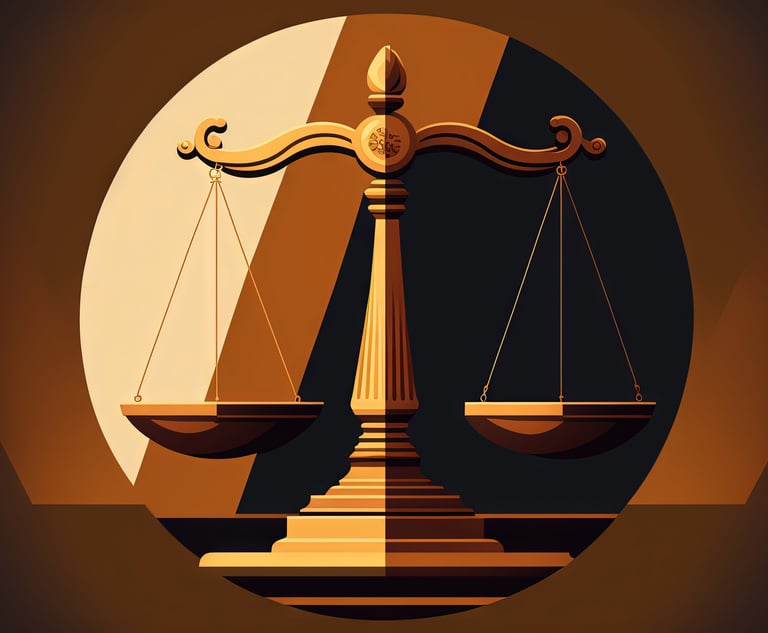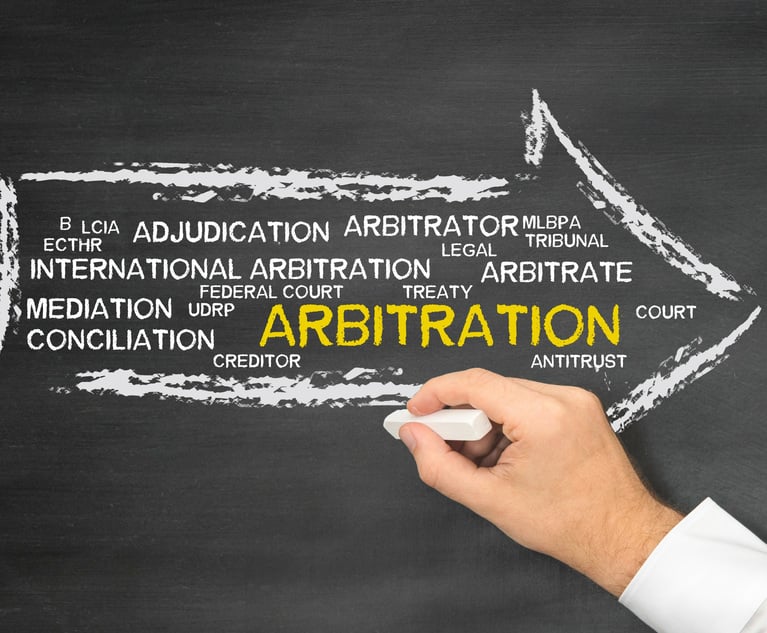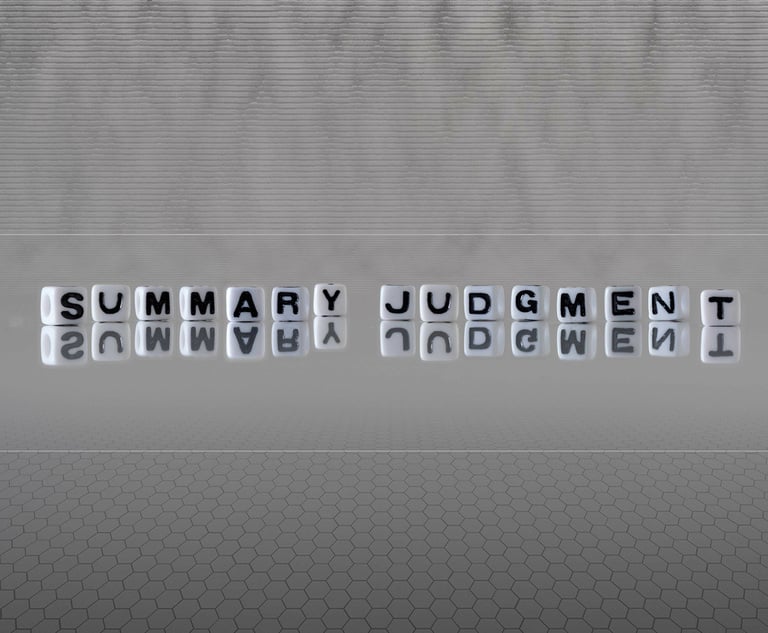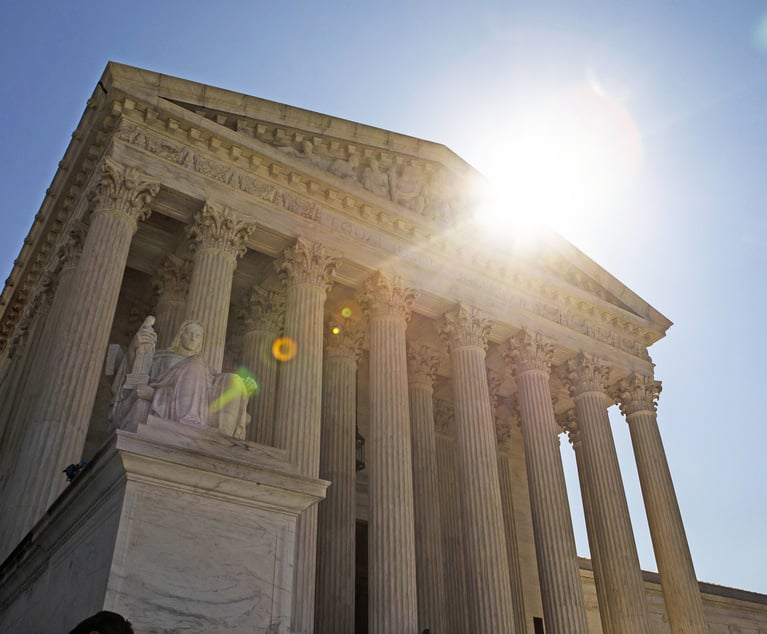Mediation is one of the hottest topics for CLE and publications. Ever since “Getting to Yes” was first published in 1981, more and more of the folks who pay our fees, that is, clients and insurers, are pushing us to get their cases into mediation. More and more business disputes are in fact resolved through direct negotiation even before litigation. For those that do not settle and where litigation goes forward, the trial courts in most jurisdictions have mediation programs of some type. Heck, even the appellate courts have them. Major firms now bid to employ the best-known retired judges to lead their “alternate dispute resolution” practice groups.
There are good reasons for this push/putsch directed to the adversary process. The foundational laws that set up our courts have given us a system based, ostensibly, on zero-sum, Euclidean/Machiavellian/“you or me” principles. That structure is disjunctive and is premised on one side winning while the other side loses. Yet, we all know from experience only a small percentage of civil cases get resolved in court on the merits. Most statistical measures put the rate of out-of-court resolution at 90% or greater. So, the ultimate results of the disjunctive, adversary system, are overwhelmingly conjunctive, where the parties come together to affect a consensual resolution. Stripped of that persiflage, we are settling almost all of our cases.
This content has been archived. It is available through our partners, LexisNexis® and Bloomberg Law.
To view this content, please continue to their sites.
Not a Lexis Subscriber?
Subscribe Now
Not a Bloomberg Law Subscriber?
Subscribe Now
LexisNexis® and Bloomberg Law are third party online distributors of the broad collection of current and archived versions of ALM's legal news publications. LexisNexis® and Bloomberg Law customers are able to access and use ALM's content, including content from the National Law Journal, The American Lawyer, Legaltech News, The New York Law Journal, and Corporate Counsel, as well as other sources of legal information.
For questions call 1-877-256-2472 or contact us at [email protected]


 Credit: stock.adobe.com
Credit: stock.adobe.com




